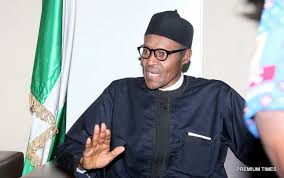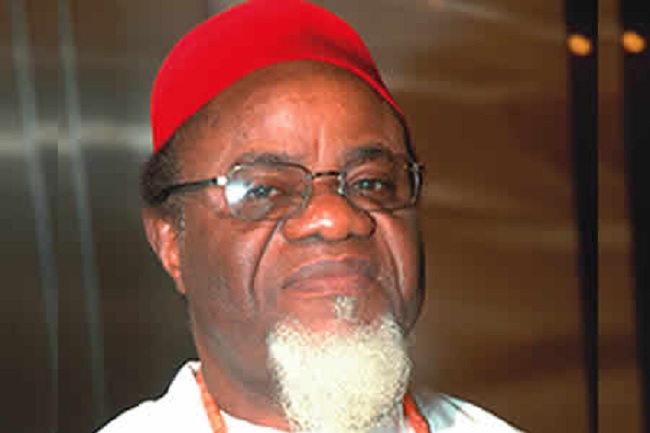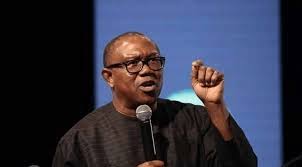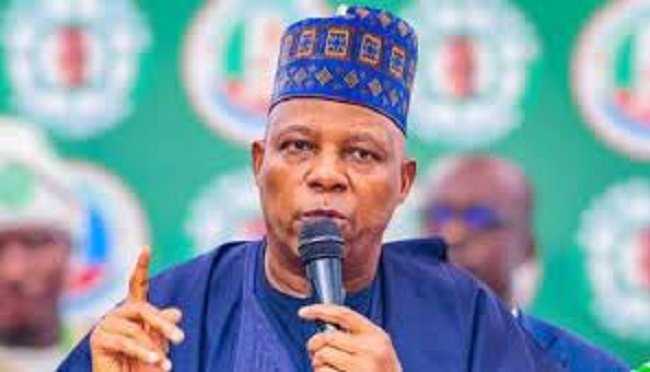Ease Of Doing Business: Buhari Expresses Delight over Nigeria’s Improvement


Muhammadu Buhari has expressed delight with the latest ranking, which placed Nigeria among the top 10 most improved economies in the world for the second time in three years.
Nigeria is one of only two African countries to make this highly prestigious list.
With this year’s leap, Nigeria has improved an aggregate of 39 places in the World Bank Doing Business index since 2016.
The president said the latest ranking by the World Bank is a validation of the present administration’s economic strategy was working.
“The movement of 15 places to 131 as well as the recognition to Nigeria as one of the top 10 most improved countries that have implemented the most reforms this year is significant. We were not even able to achieve some of the key reforms we had pursued, but what we have done so far is being recognised,” he said.
He said the latest announcement by the World Bank indicates that the government’s mandate to move into the top 70 doing business destinations by 2023 remains achievable.
The President declared that with the impending ratification of the Companies and Allied Matters Bill and the introduction of the Business Facilitation (Omnibus) Bill, 2019 in view, along with other pending and ongoing regulatory, judicial and sub-national reforms, show the government is on course.
In the latest World Bank Ease of Doing Business report 2020, the World Bank named Saudi Arabia, Jordan, Togo, Bahrain, Tajikistan, Pakistan, Kuwait, China, India and Nigeria.
Overall, Nigeria emerged 131 out of 190 countries, up 15 places from 146th position last year, or 56.9 per cent point score.
The new score is about 3.5 per cent better than 53.4 per cent point score recorded in 2019.
Nigeria and Togo are the only two economies among the top improvers in sub-Saharan Africa for the second year in a row.
The report said Nigeria conducted reforms impacting six key indicators, namely making the enforcement of contracts easier, protecting minority investors, dealing with construction permits, protecting minority investors, starting a business, dealing with construction permits.
In starting a business, the country ranked 105, or 86.2 per cent; dealing with construction permits (55), or 73.6 per cent; getting electricity (169), or 47.4 per cent; registering property (183), or 29.5 per cent; getting credit (15), or 85 per cent; protecting minority investors (28), or 72 per cent; paying taxes (159), or 53.7 per cent; trading across borders (179), or 29.2 per cent; enforcing contracts (73), or 61.5 per cent and resolving insolvency (148), or 30.6 per cent..
In 2018/19, these countries implemented one-fifth of all the reforms recorded worldwide.
The main findings of the report showed the Doing Business report captured 294 regulatory reforms implemented between May 2018 and May 2019, with 115 economies worldwide making it easier to do business.
Economies in Sub-Saharan Africa continue to lag behind in terms of reforms, with only two Sub-Saharan African economies, ranked in the top 50 on the ease of doing business.
The Minister of Industry, Trade and Investment and Vice Chair of the Presidential Enabling Business Environment Council (PEBEC), Niyi Adebayo, said “the steady improvement in Nigeria’s Ease of Doing business score and the ranking is a testament to the reforms implemented by this Administration over the past four years.
“This is in line with the reform agenda being implemented at national and sub-national levels across the country since the establishment of the Presidential Enabling Business Environment Council (PEBEC) in July 2016.”
Also, the Special Adviser to the President, Ease of Doing Business/Secretary PEBEC, Jumoke Oduwole, said the private sector remains the fulcrum of the ease of doing business interventions.







